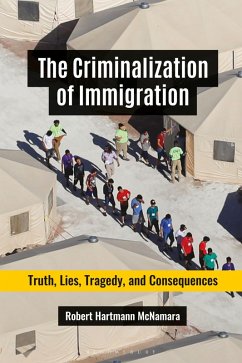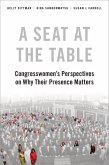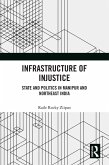This book presents the history of immigration to the United States, debates over criminalization under the Trump administration, and the effects on immigrants, U.S. residents, the U.S. economy, and its relationships with other nations.
Robert Hartmann McNamara offers a comprehensive understanding of past and current immigration policy in the United States and exposes falsehoods in the rhetoric and narrative portraying Latino and Mexican immigrants in the U.S. Repeated statements by federal officials, including the U.S. president, that immigrants pose a threat to national security, contribute to crime, and take jobs away from native-born residents have predicated intensified immigration enforcement and deportation policies. However, the evidence has consistently concluded that these narratives are inaccurate.
This book highlights white nationalism as a backdrop to understanding current immigration policy and tactics. It examines how political and economic factors, broadly defined as neoliberal policies, shape the immigration narrative and unpacks the criminal justice system's role in immigration, law enforcement efforts, problems with immigration courts and judges, and the detention of immigrants as part of a larger mass incarceration of people of color. Finally, the text illuminates the reasons for massive migration, with the U.S. contributing to the problem by supporting regimes that endorse or allow humanitarian crises.
Robert Hartmann McNamara offers a comprehensive understanding of past and current immigration policy in the United States and exposes falsehoods in the rhetoric and narrative portraying Latino and Mexican immigrants in the U.S. Repeated statements by federal officials, including the U.S. president, that immigrants pose a threat to national security, contribute to crime, and take jobs away from native-born residents have predicated intensified immigration enforcement and deportation policies. However, the evidence has consistently concluded that these narratives are inaccurate.
This book highlights white nationalism as a backdrop to understanding current immigration policy and tactics. It examines how political and economic factors, broadly defined as neoliberal policies, shape the immigration narrative and unpacks the criminal justice system's role in immigration, law enforcement efforts, problems with immigration courts and judges, and the detention of immigrants as part of a larger mass incarceration of people of color. Finally, the text illuminates the reasons for massive migration, with the U.S. contributing to the problem by supporting regimes that endorse or allow humanitarian crises.









